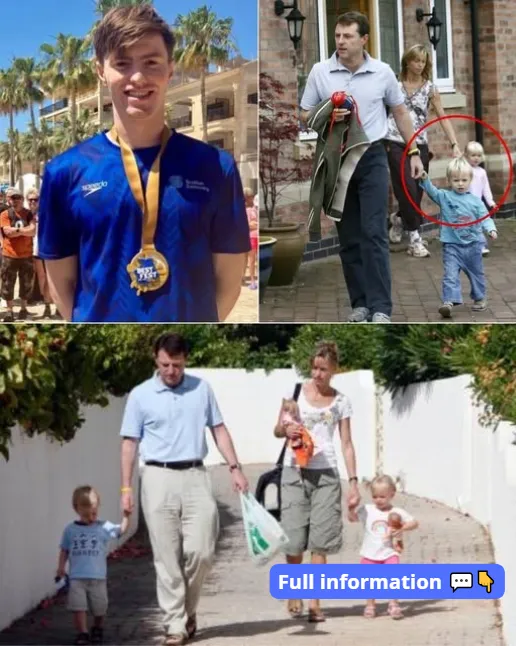The disappearance of Madeleine McCann in 2007 remains one of the most haunting mysteries of the modern era. The 3-year-old British girl vanished from a holiday apartment in Praia da Luz, Portugal, while her parents were dining with friends just a short distance away. Her younger twin siblings, Sean and Amelie, were asleep in the very same room when she disappeared. The case captured the attention of the entire world, drawing sympathy, outrage, speculation, and relentless media coverage.
Nearly two decades later, the story has taken an unexpected turn. For the first time, Madeleine’s younger brother, Sean McCann — who was only a toddler when the tragedy occurred — has chosen to speak out. Now in his twenties, Sean is no longer a child living in the shadow of one of the most publicized missing-person cases in history. His voice, unheard for so long, is finally emerging — and his words have sparked intense discussion and reflection across the internet.
In a conversation that was described as both emotional and unfiltered, Sean shared his memories of that night in Portugal. Though he was very young, he describes the event as “confusing, terrifying, and unforgettable.” He explained that even if his memories are fragmented, the emotions tied to them have never left him.
What struck many readers was not only Sean’s recollection of the evening but also his perspective on what happened afterwards. Rather than focusing solely on Madeleine’s disappearance, he spoke about the emotional impact the incident had on him and his twin sister. “The world wanted to know where Madeleine was,” he said, “but no one ever asked how we were doing, how it felt to grow up in the middle of this storm.”

This candid reflection has opened up a new layer to the story. For years, the McCann case has been framed around the search for Madeleine and the international investigation that followed. But Sean’s words remind people that two other children lived through those same events and grew up carrying invisible scars of loss, confusion, and relentless media attention.
Public reaction to Sean’s comments has been deeply divided. Many people expressed compassion, acknowledging how difficult it must have been for him to grow up under such extraordinary circumstances. They praised him for finding the courage to share his truth and shed light on the personal challenges of living in a family defined by a global tragedy.
Others, however, have criticized the way his words were presented, arguing that his statements might reopen painful wounds or reignite debates about decisions made almost twenty years ago. For a family that has endured constant media scrutiny, some observers worry that Sean’s testimony could create new tensions.
Psychologists and family therapists who have commented on the story note that Sean’s perspective is not unusual. Children who grow up in the aftermath of trauma often carry unspoken burdens. In families where the spotlight falls on one child — particularly in cases of tragedy — siblings may feel unseen or overlooked. Over time, this silence can lead to feelings of resentment, guilt, or isolation.
Yet Sean’s reflections are not about anger alone. In fact, he stressed that he is not seeking blame or revenge. What he longs for most is healing. “We can’t heal unless we talk about what really happened that night,” he said. “Not just what happened to Madeleine, but what happened to all of us.”
That statement has resonated strongly with many readers. It highlights a truth often forgotten in high-profile cases: that behind every headline, there are families still living with the consequences long after the world has moved on. For Sean, the tragedy was not only the loss of a sister but also the silence that surrounded his own experiences as he grew up.